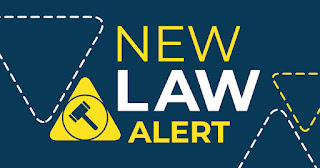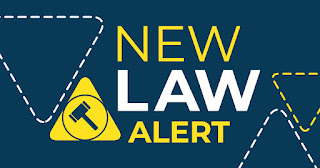As of December 22, 2021, cooperatives have received 8 exemptions from the Housing Stability and Tenant Protection Act, which otherwise restricts landlords' rights as to their tenants.
When the Housing Stability and Tenant Protection Act came out, we repeatedly tried to explain to co-op boards, property managers (managing agents), real estate brokers, local NAR boards, and courts, amongst others, that this law applied to co-ops regardless that it clearly was not the intent of the legislature. To a non-lawyer intent of the legislature matters, to a lawyer the rules of statutory interpretation matter and you never get to the intent of the legislature if the statute is clear on its face, which the Housing Stability and Tenant Protection Act is. You see, co-ops are landlords and their shareholder-owner-occupiers are tenants. This is longstanding settled law, which created a huge predicament for co-ops.
Thankfully, roughly 2 years later, the law is finally fixed as follows:
- GOL 7-108(1-a), the deposit or advance limit of one month’s rent will no longer apply to owner-occupied cooperative apartments;
- RPL 226-c, the notice requirement for rent increases of 5% or more / non-renewal will no longer apply to owner-occupied cooperative apartments;
- RPL 238-a(1)(a), the preclusion of charging fees to review applications will no longer apply to compensate managing agents and/or transfer agents for the processing, review, or acceptance of such prospective tenant’s application to become a shareholder of such co-op;
- RPL 238-a(1)(b), the cap on fees for applications of $25 is inapplicable to applications from prospective shareholders to co-ops, but the limitation of only charging up to the actual cost remains;
- RPL 238-a(2), late fees are now permitted on owner-occupied cooperative, but only up to 8% of monthly maintenance fee and only where the proprietary lease or occupancy agreement is updated to reflect such percentage;
- RPAPL 702(2), the limited definition of rent for purposes of a judgment in a summary proceeding is inapplicable to owner-occupied cooperatives to the extent that the proprietary lease or occupancy agreement is updated to reflect a different definition;
- RPL 235-e, the 5-day non-payment of rent notice does not need to be sent by certified mail to co-op owner-occupants to the extent that the proprietary lease or occupancy agreement is updated to reflect a different method of serving notice; and
- RPL 234, attorneys’ fees may be awarded to either party in the event of a default judgment concerning a co-op owner-occupant to the extent that the proprietary lease or occupancy agreement is updated to reflect the availability of such fees.




